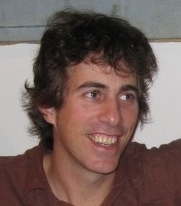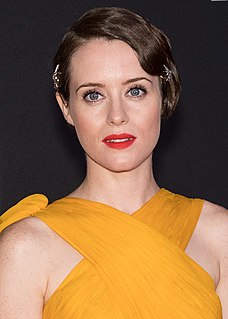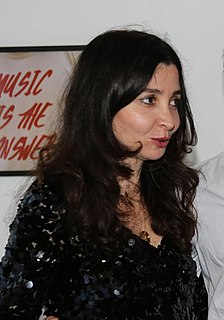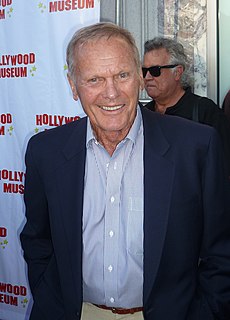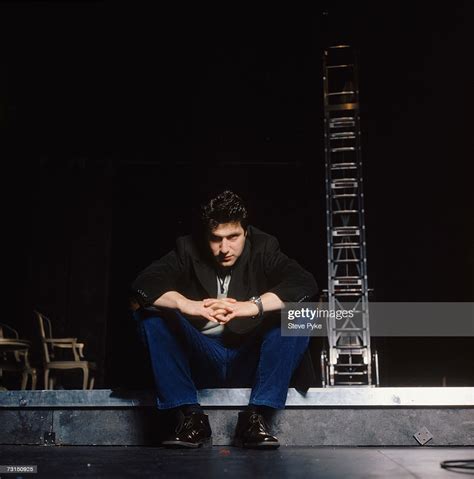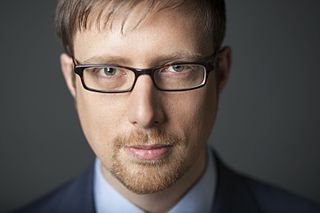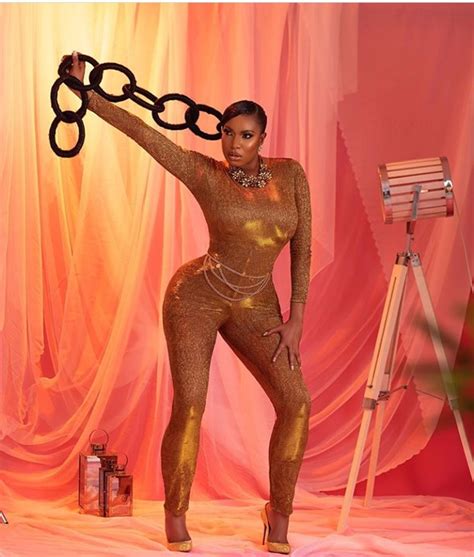A Quote by Lenny Abrahamson
I wanted to make films that were culturally relevant in my own country, that challenged people, and that people talked about.
Related Quotes
What passes for identity in America is a series of myths about one's heroic ancestors. It's astounding to me, for example, that so many people really appear to believe that the country was founded by a band of heroes who wanted to be free. That happens not to be true. What happened was that some people left Europe because they couldn't stay there any longer and had to go somewhere else to make it. That's all. They were hungry, they were poor, they were convicts. Those who were making it in England, for example, did not get on the Mayflower. That's how the country was settled.
The strange thing about my life is that I came to America at about the time when racial attitudes were changing. This was a big help to me. Also, the people who were most cruel to me when I first came to America were black Americans. They made absolute fun of the way I talked, the way I dressed. I couldn't dance. The people who were most kind and loving to me were white people. So what can one make of that? Perhaps it was a coincidence that all the people who found me strange were black and all the people who didn't were white.
I wanted to feel good about the way I looked. I didn't understand why style had to be sacrificed for sports technology. I found when going to the gym women were wearing their own tees, without the technology. I started to think, does it make you run faster if you wear that terrible color or sweat less if you wear that horrible fabric? And I challenged it, and the answers were not there to why we were being given poor design work. It was something I wanted to bring to women's wardrobes.
Once in a while a good opportunity would come along, like the first 'Playhouse 90 ever to air - working in television afforded me my best opportunities. The (film) industry was going through such turmoil at the time - studios didn't know where to go anymore, they were falling apart, television was there. They didn't know what kind of films people wanted. The European films were making a huge impact because those films wanted real people in real situations.
I was afraid people wouldn't take me seriously, or would stop respecting me, if I talked about how bad I was feeling. The only people I talked openly about it with was my business partner, Dave Jilk, and my girlfriend - now wife - Amy Batchelor. They were amazingly supportive, but even then, I was deeply ashamed about my weaknesses.
When I was growing up, all the films about teenagers were played by Tony Curtis or John Cassavetes when they were 27, 28 years old. We would see these teenage movies in the theaters and I would say, "They don't look like they're my age at all." So I wanted to make a movie that was real and I wanted to make a movie that wasn't about me.
When [Bernie] Sanders was challenged about how he would pass his visionary ideas after he became president, he talked about if lawmakers look out the window and they see a million people marching, it changes their calculus. Well, here's an opportunity to continue working to organize these million people even if he is not the one in office.

